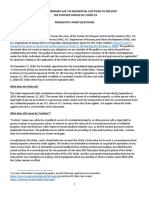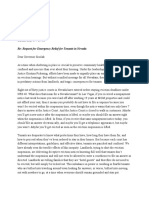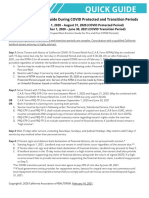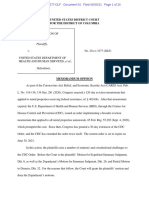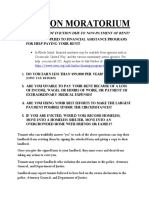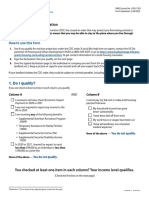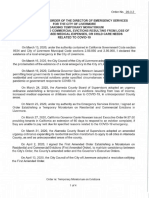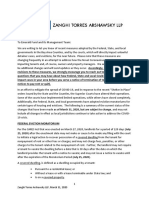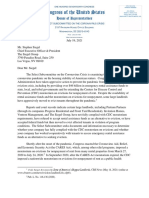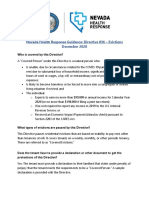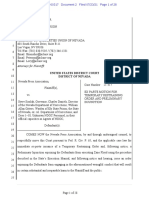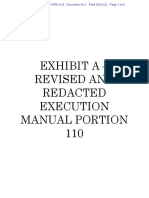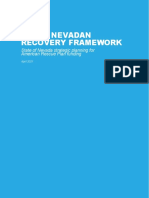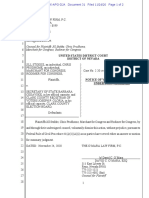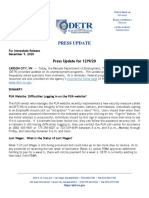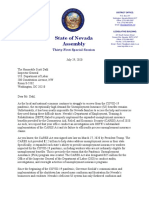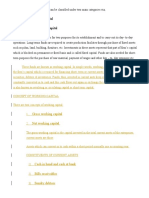100% found this document useful (1 vote)
33K views3 pagesCDC Eviction FAQ's
Nevada officials explain how a federal eviction moratorium interacts with one imposed by the state of Nevada.
Uploaded by
Michelle RindelsCopyright
© © All Rights Reserved
We take content rights seriously. If you suspect this is your content, claim it here.
Available Formats
Download as DOCX, PDF, TXT or read online on Scribd
100% found this document useful (1 vote)
33K views3 pagesCDC Eviction FAQ's
Nevada officials explain how a federal eviction moratorium interacts with one imposed by the state of Nevada.
Uploaded by
Michelle RindelsCopyright
© © All Rights Reserved
We take content rights seriously. If you suspect this is your content, claim it here.
Available Formats
Download as DOCX, PDF, TXT or read online on Scribd
/ 3



